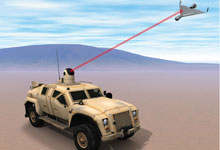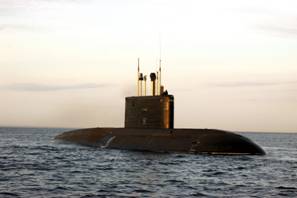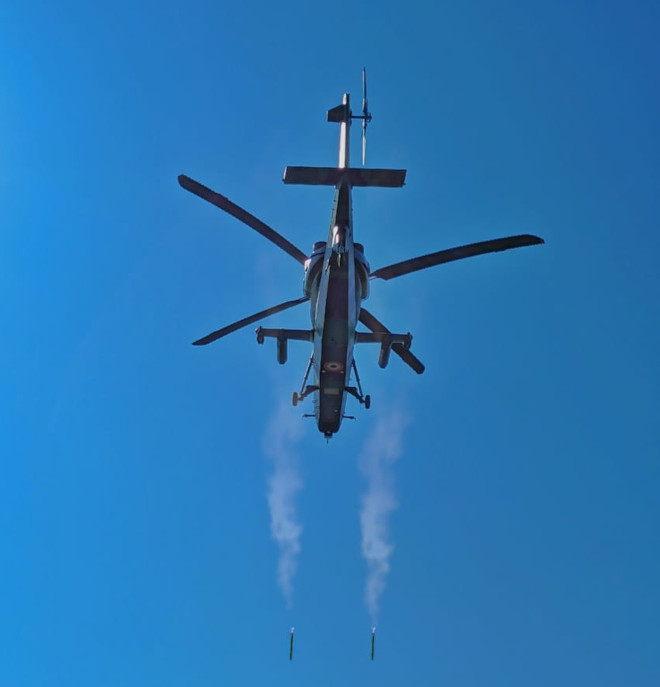
EL SEGUNDO, CALIFORNIA (BNS): The US Navy's Office of Naval Research (ONR) has awarded an $11 million contract to Raytheon to develop a vehicle-based laser device capable of defeating low-flying threats such as enemy drones.
The new device will be developed under the Ground Based Air Defence (GBAD) Directed Energy On-the-Move Future Naval Capabilities programme which calls for a field demonstration of a Humvee-mounted short-range laser weapon system with a minimum power output of 25kW.
The Raytheon-built laser will be packaged to meet the US Marine Corps' demanding size, weight and power requirements.
The company said it will use its planar waveguide (PWG) technology to develop the new short-range laser weapon. Using a single PWG, the size and shape of a 12 inch ruler, Raytheon high energy lasers generate sufficient power to effectively engage small aircraft.
"Our PWG laser architecture is scalable: We can achieve increasingly higher power levels with the same compact design we're using for GBAD," Bill Hart, vice president of Raytheon Space Systems, said.
According to the ONR, the GBAD system is being designed for use on light tactical vehicles such as the Humvee and Joint Light Tactical Vehicle. It aims to provide an affordable alternative to traditional firepower to keep enemy unmanned aerial vehicles (UAVs) from tracking and targeting Marines on the ground.
Field trial of the new system is expected to start in 2016.
 Previous Article
Previous Article Next Article
Next Article













The Indian Air Force, in its flight trials evaluation report submitted before the Defence Ministry l..
view articleAn insight into the Medium Multi-Role Combat Aircraft competition...
view articleSky enthusiasts can now spot the International Space Station (ISS) commanded by Indian-American astr..
view article